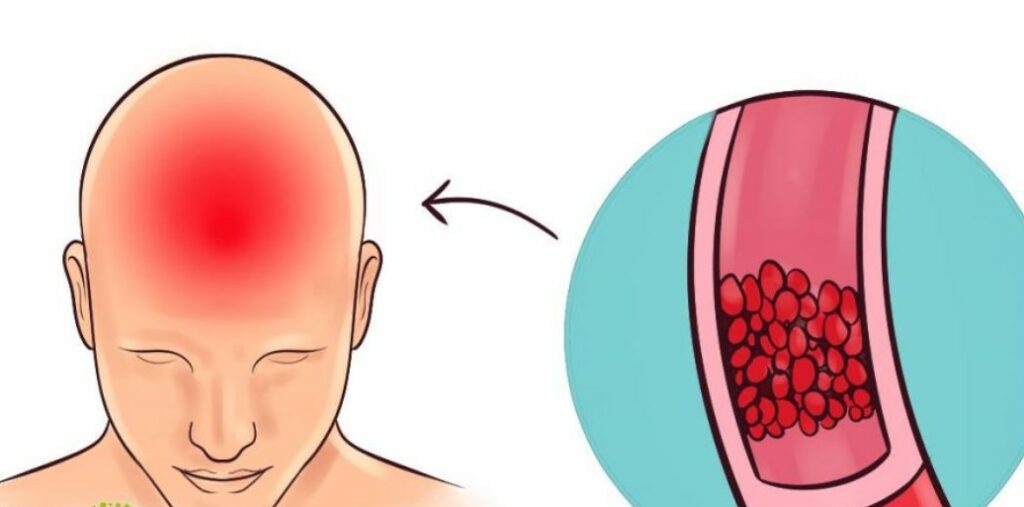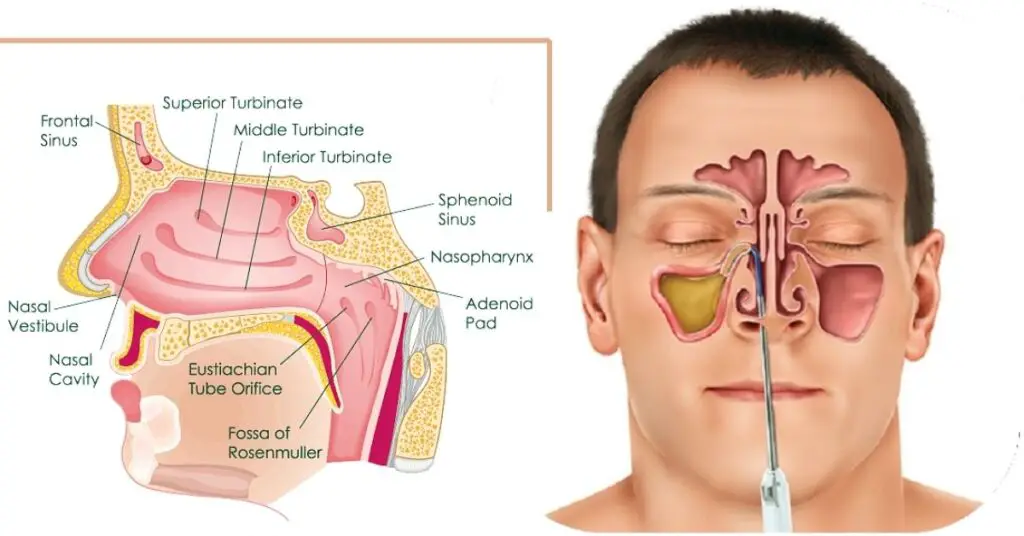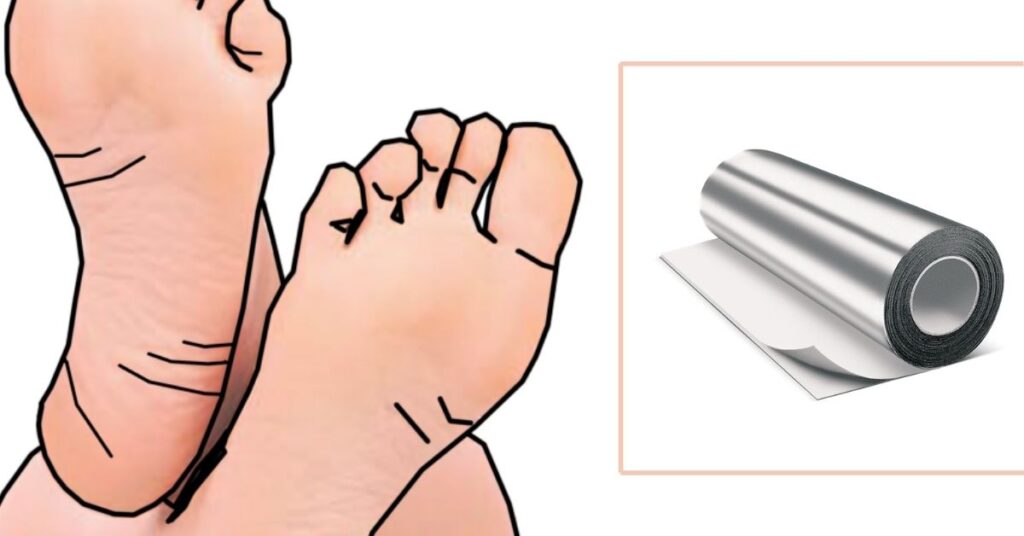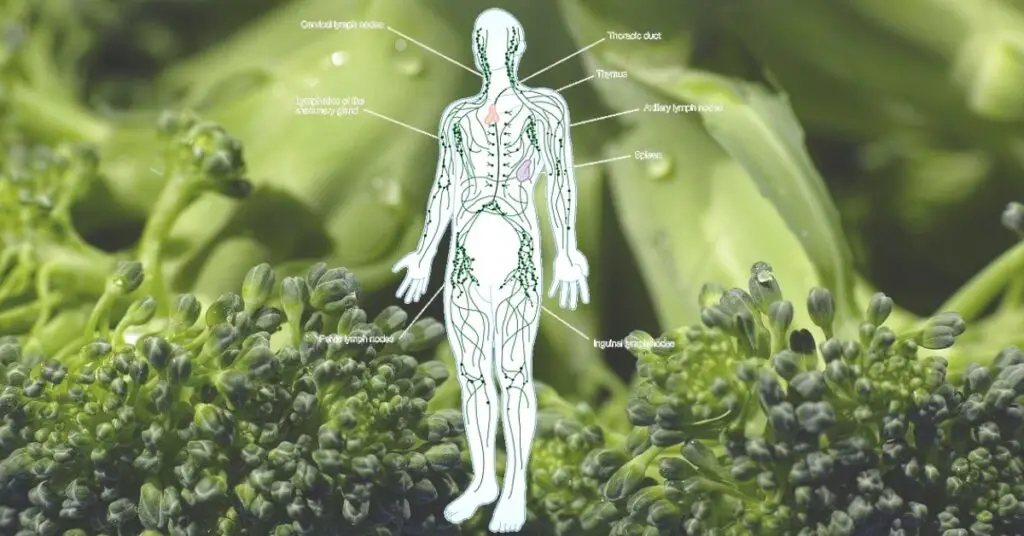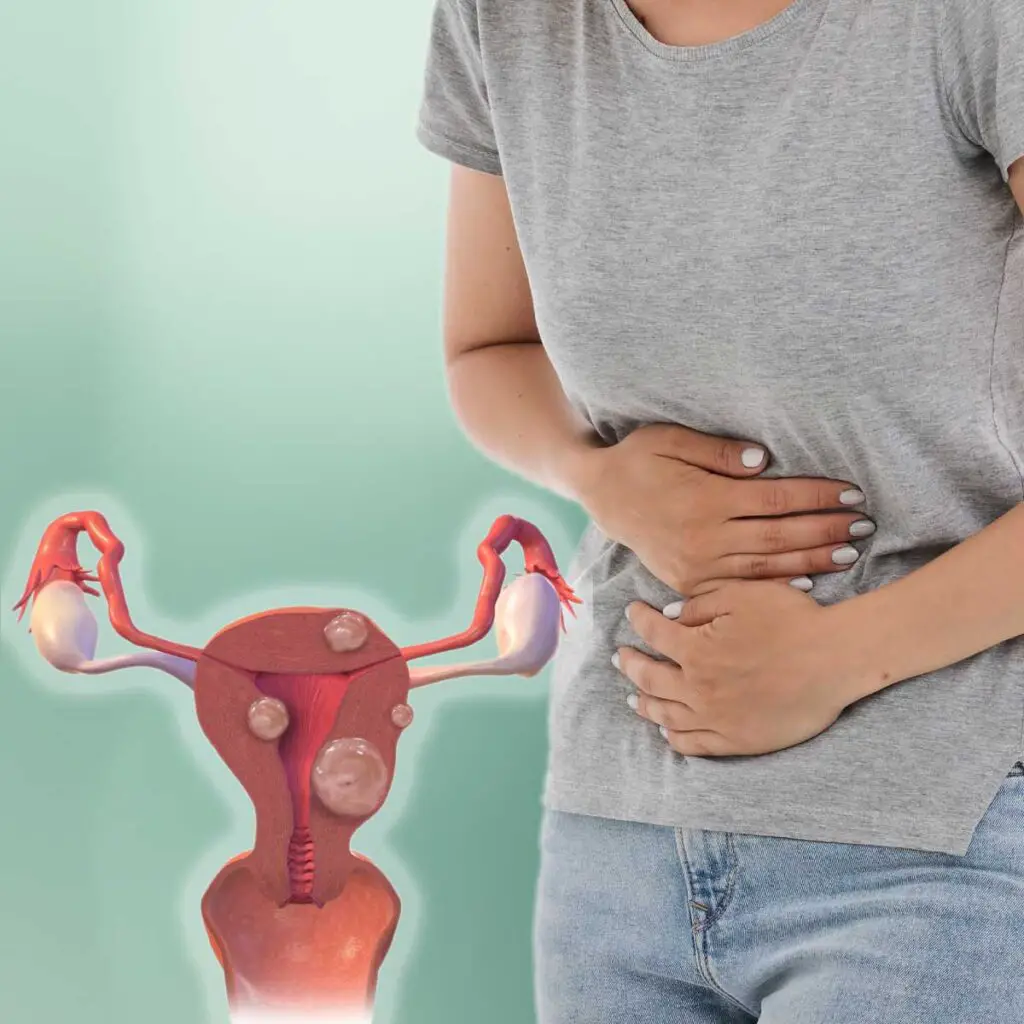Nowadays, low energy, insomnia, and severe headaches are among the most common health issues. They can be related to numerous factors, such as magnesium deficiency, vitamin K deficiency, and other vitamin deficiencies that we are not aware of.
The importance of magnesium
Magnesium is essential for the proper functioning of the body. It takes part in over 100 body functions and 300 enzyme reactions. It stimulates the production of new proteins and supports food digestion. Moreover, it can help relieve stress and anxiety, reduce chronic fatigue, and soothe severe headaches and migraines. In contrast, lack of magnesium can lead to reduced levels of serotonin and other health issues, such as depression, insomnia, and constricted blood vessels.
For these reasons, it is of utter importance to regulate the levels of magnesium in the body. The recommended daily dose of magnesium for men (19 – 30 years of age) is 400 mg, whereas for men over the age of 30 is 420 mg per day. On the other hand, the recommended daily dose of magnesium for women (19 – 30 years of age) is 310 mg, whereas for women over the age of 30 is 320 mg a day.
Magnesium-rich foods
Here is a list of foods, which contain magnesium:
- Avocado
- Meat
- Spinach
- Nuts
- Brown rice
- Wholegrain bread
The importance of vitamin K
The main function of Vitamin K is protein synthesis. Moreover, it prevents bleeding, bruising, and blood clotting. Also, it can lower the risk of prostate cancer, calcification of arteries and valves, Alzheimer’s disease and help preserve vascular health and bone density.
Vitamin K occurs in 2 forms: vitamin K1 and Vitamin K2. Vitamin K1 is found in plants, whereas vitamin K2 is created in the large intestine by bacteria.
If you lack Vitamin K, you may suffer from bone fractions and other bone issues. The recommended daily intake (RDI) of vitamin K for adults is 0.001 mg per one kilogram of body weight.
Symptoms of vitamin K deficiency
The most common symptom of vitamin K deficiency is excessive bleeding. Bleeding may occur in some areas other than a wound site and a cut. It may be apparent if somebody:
- Bruises easily
- Bleeds in mucous membranes
- Has blood clots under the nails
- Has stool that looks dark black and contains blood
Vitamin K-rich foods
Vitamin K is essential for many vital functions. Therefore, you should consume foods that contain Vitamin K. The lack of essential vitamins usually occurs due to poor diet habits. It is a very serious issue and should be treated by consuming dietary supplements and natural foods.
Here is a list of foods that are rich in vitamin K:
- Green leafy vegetables, such as kale, mustard greens, collards, turnip greens, spinach, and beet greens.
- Salad greens, such as chives, lettuce, celery, basil, onions, iceberg lettuce, rocket, radicchio, and watercress.
- Herbs, such as sage, chives, coriander, parsley, thyme, basil, and marjoram.
- Hot spices, such as curry, paprika, chili, and cayenne pepper.
- Brussel sprouts, cabbage, pak choi, turnips, peas, noodles, onions, cauliflower, and savoy cabbage.
- Okra, olive oil, dried fruits, soybeans, fennel, asparagus, leeks, and pickles.

